Personal Details: Arendes, Cord
Co-director (since October 2021)
Member PHW Executive Board
Cord Arendes, Dr. phil (*1971), Professor für Angewandte Geschichte – Public History an der Universität Heidelberg. Zuvor war er als wissenschaftlicher Mitarbeiter an den Universitäten Berlin (FU), Greifswald und Heidelberg in verschiedenen Forschungs- und Editionsprojekten sowie als Akademischer Rat am Lehrstuhl für Zeitgeschichte an der Universität Heidelberg tätig. Zu seinen Schwerpunkten in Forschung und Lehre zählen Public History, Audiovisuelle Aspekte der Geschichtswissenschaft, Historische Ausstellungen und andere Formen der Präsentation von Geschichte und kulturellem Erbe, Geschichtstheorie, Forschendes Lernen im Geschichtsstudium sowie der politisch-justizielle Umgang mit der nationalsozialistischen Vergangenheit in Westeuropa.
Cord Arendes, PhD (*1971), is Professor for Applied and Public History at Heidelberg University. He previously worked as Research Assistant/Lecturer at the universities of Berlin (FU), Greifswald, and Heidelberg and as Assistant Professor (Akademischer Rat) for Contemporary History at Heidelberg University. His main research and teaching interests focus on Public History, Audiovisual Aspects of History, Historical Exhibitions and other forms of presentation of history and cultural heritage, Theory of History, Research-based learning in the study of history, and the Political and Juridical Handling of the NS-Past in Western Europe.
http://www.uni-heidelberg.de/fakultaeten/philosophie/zegk/histsem/mitglieder/arendes.html-
Historical Culture and Popular Culture
Historical Culture and Popular Culture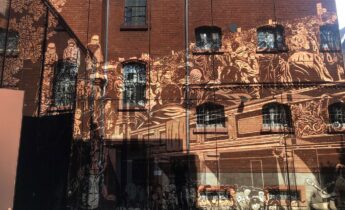
Historical and popular culture play an important role in our understanding of the past and in the ways in which we remember and use it.
-
Aesthetics and/as Public History: Entanglements
Ästhetik und/oder öffentliche Geschichte: Verflechtungen
Aesthetics and/as Public History: Entanglements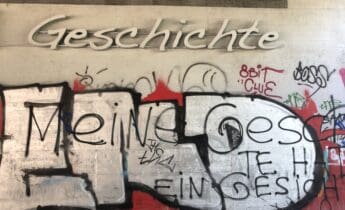
Artistic-aesthetic forms of expression and history in the public sphere are more or less interlinked in more or less obvious ways.
-
What Do We Mean by “Public”?
Was heißt hier “public?”
What Do We Mean by “Public”?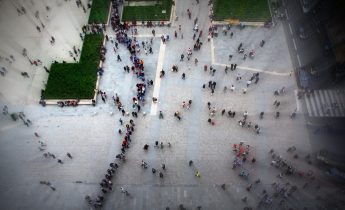
The emphasis on the ‘public’ component marks the essential difference between Public History and other Historical Sciences
-
Are Public Historians “Missionaries”?
Public Historians als “Missionare“?
Are Public Historians “Missionaries”?
‘Participation’ is something of a contemporary buzzword. Attuning oneself as closely as possible to the interests and needs of the general public is considered the golden path to success.
-
Debating Clubs as a Method of Historical Learning
Debattierclubs als Methode historischen Lernens
Debating Clubs as a Method of Historical Learning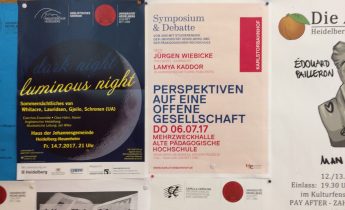
Especially when it comes to historical reasoning and the formation of historical judgements, there are good reasons for us to assume that the ability to debate is ... a democratic key qualification.
-
“Landshut”–History, Up in the Airplane
“Landshut” – Geschichte im Flugzeug aufarbeiten
“Landshut”–History, Up in the Airplane
On October 13, 1977, four Palestinian terrorists hijacked the Lufthansa aircraft “Landshut”[1] on its flight from Palma de Mallorca to Frankfurt am Main.
-
Public History and Spaces of Knowledge
Public History und die Wiederöffnung des Wissenschaftsraumes
Public History and Spaces of Knowledge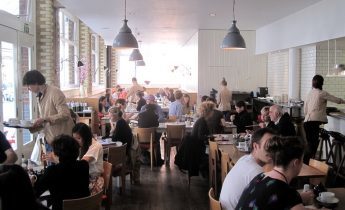
Scientists have workspaces for research and teaching, e.g. laboratories or media platforms. Against the background of public history’s focus on participation and cooperation: where does public history position itself in this 'question of space'?